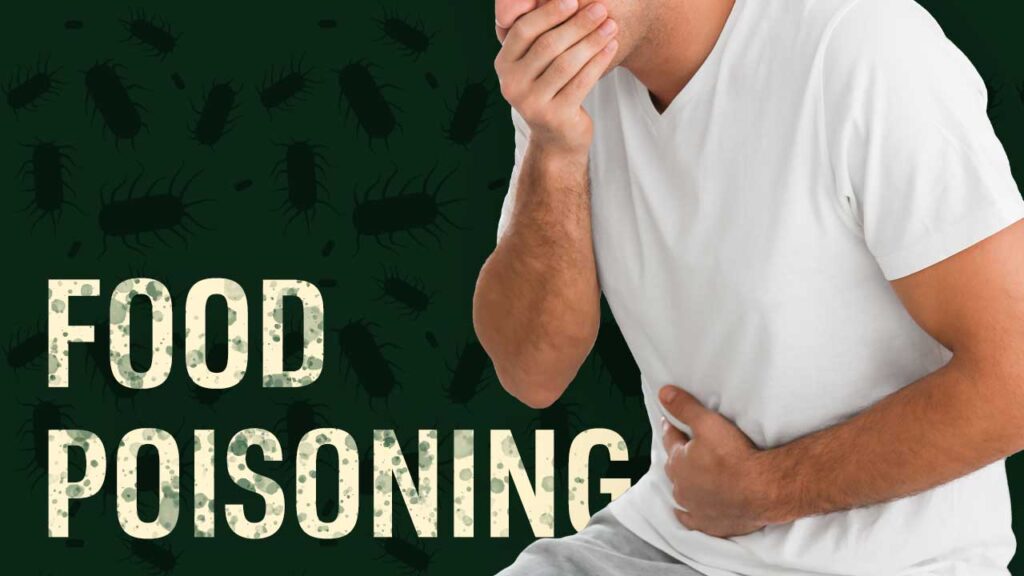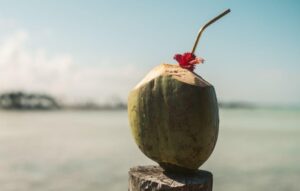Monsoon Alert: Simple Food Safety Habits to Avoid Food Poisoning

Monsoon Alert: Simple Food Safety Habits to Avoid Food Poisoning
The monsoon season brings cool showers and a welcome break from the summer heat—but it also ushers in health risks, especially related to food. The high humidity, fluctuating temperatures, and water stagnation common during this time create ideal conditions for the spread of bacteria and viruses. As a result, food contamination and waterborne illnesses like typhoid, gastroenteritis, and cholera are more frequent.
To stay healthy during the rains, adopting safe food practices is essential. Here are some easy, everyday precautions that can protect you and your family from foodborne infections this season:
1. Prioritize Hand Hygiene
Always wash your hands thoroughly with soap and water before handling food. Clean your hands after using the restroom or returning from outdoors, as bacteria easily spread from unwashed hands to your meals.
2. Ensure Proper Cooking
Foods like meat, poultry, eggs, and seafood should be cooked thoroughly. Avoid undercooked dishes as bacteria like Salmonella and E. coli flourish in damp weather.
3. Avoid Street Food and Raw Produce
Street food might be tempting, but it’s best to steer clear during the monsoon. Contaminated water, poor hygiene, and exposure to germs can make these items unsafe. Uncooked salads and pre-cut fruits should also be avoided.
4. Drink Safe Water
Contaminated water is a major cause of illness in this season. Use boiled, filtered, or packaged water for drinking, washing produce, and making ice. You can also disinfect fruits and vegetables using a vinegar-water rinse.
5. Store Food Carefully
Moisture can spoil food quickly. Refrigerate perishable items immediately and use airtight containers. Consume leftovers within 24 hours and always reheat them thoroughly before eating.
6. Wash Fruits and Vegetables Well
Rainwater can carry dirt and microbes onto fresh produce. Rinse them under running water, and for extra protection, soak them in a solution of water mixed with lemon juice or vinegar.
7. Prevent Cross-Contamination
Use separate chopping boards and knives for raw and cooked foods. This avoids the transfer of harmful bacteria from raw items like meat and seafood to ready-to-eat meals.
8. Eat Fresh Meals When Possible
Freshly cooked food is safer than leftovers. Since bacteria multiply quickly in humid weather, reheating stored food to a high temperature is important before consumption.
9. Maintain Kitchen Hygiene
A clean, dry kitchen discourages the growth of bacteria and keeps pests away. Regularly wipe counters, dry out damp areas, and prevent stagnant water buildup around sinks or under appliances.
By being mindful about what and how you eat, you can enjoy the rainy season without falling prey to food poisoning or other monsoon-related illnesses.
Disclaimer: This article is meant for informational purposes only and should not be considered medical advice. Please consult a healthcare professional for personalized guidance.












